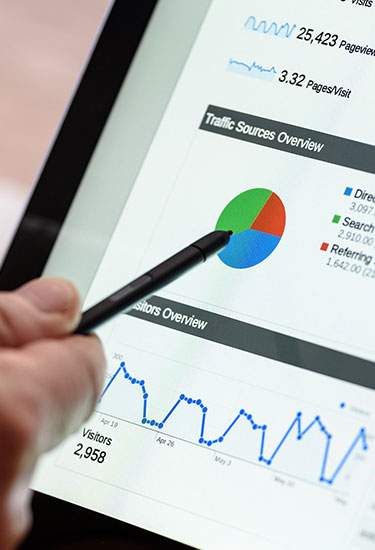Free Courses
If you are motivated to learn and have attended formal education in the past you can still get into data science. The first step is to start learning to code in python through our online pre-work, which takes about 40 hours before starting the formal training.

You don't have to spend a fortune and study for years to start working with big data, analytics, and artificial intelligence. Demand for "armchair data scientists" – those without formal qualifications in the subject but with the skills and knowledge to analyze data in their everyday work, is predicted to outstrip demand for traditionally qualified data scientists in the coming years.
Data Science Definition
Data science combines multiple fields, including statistics, scientific methods, and data analysis, to extract value from data. Those who practice data science are called data scientists, and they combine a range of skills to analyze data collected from the web, smartphones, customers, sensors, and other sources.
Data science is an untapped resource for machine learning. It is one of the most exciting fields out there today. It is so important because companies are sitting on a treasure trove of data. As modern technology has enabled the creation and storage of increasing amounts of information, data volumes have exploded. It’s estimated that 90 percent of the data in the world was created in the last two years. For example, Facebook users upload 10 million photos every hour.
But this data is often just sitting in databases and data lakes, mostly untouched
The wealth of data being collected and stored by these technologies can bring transformative benefits to organizations and societies around the world—but only if we can interpret it. That’s where data science comes in.

The 21st Century workplace skills
- Critical Thinking: Demonstrating the ability to apply critical thinking skills to solve problems and make effective decisions
- Communication: Understanding and communicating ideas
- Collaboration: Working with other, appreciation of multicultural difference
- Creativity and Attitude: Deliver high quality work and focus on final result, initiative, and intellectual riskCreativity and Attitude: Deliver high quality work and focus on final result, initiative, and intellectual risk
- Planning & Organizing: Planning and prioritizing work to manage time effectively and accomplish assigned tasks
- Ethics: Adhere to high ethical and professional norms, responsible use of power data driven technologies, avoid and disregard un-ethical use of technologies and biased data collection and presentation
- Business Fundamentals: Having fundamental knowledge of the organization and the industry
- Customer Focus: Actively look for ways to identify market demands and meet customer or client needs
- Working with Tools & Technology: Selecting, using, and maintaining tools and technology to facilitate work activity
- Dynamic (self-) re-skilling: Continuously monitor individual knowledge and skills as shared responsibility between employer and employee, ability to adapt to changes
- Professional network: Involvement and contribution to professional network activities

